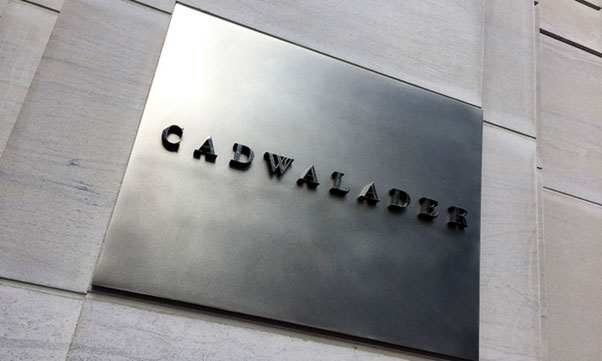
Introduction:
As the legal industry faces economic challenges, Cadwalader Wickersham & Taft, a prominent law firm with $544,832,000 gross revenue in 2022, is grappling with financial pressures. The firm has recently announced the deferral of its incoming associates' start date to January 2024, joining a growing list of law firms making similar decisions. This move, though perhaps necessary for the firm's stability, leaves aspiring lawyers with unexpected changes to their plans, months-long involuntary vacations, increased stress before the bar exam, and a lack of anticipated income just when student loan payments are due to resume. This article delves deeper into the deferral's implications and the challenges that Cadwalader's would-be first-year associates face.
Financial Turmoil and Deferral Decision:
Cadwalader Wickersham & Taft's decision to defer the start date for incoming associates to January 2024 comes in the aftermath of a recent decline in revenue, with a ten percentage point drop observed. The financial downturn has led the firm to take stealthy and outright layoffs in April, aiming to navigate the challenging economic landscape. This deferral move is seen as a strategic step to stabilize the firm's financial situation while continuing to provide quality services to its clients.
Impact on Incoming Associates:
The deferral announcement presents an unexpected and challenging situation for the aspiring lawyers who had eagerly anticipated commencing their legal careers with Cadwalader. The prospect of a months-long involuntary vacation creates uncertainties for these individuals, who now have unexpected free time and decisions about how to use it effectively. Moreover, with the bar exam looming, the additional stress from the deferral may pose unique challenges to their preparation and performance.
Financial Strain and Loan Repayment:
Firm's Support and Stipend Offer:
In response to the deferral, Cadwalader Wickersham & Taft has attempted to mitigate some of its incoming associates' financial challenges. The firm provides a $15,000 stipend to those affected, offering some financial support during the extended waiting period. While this stipend may help alleviate immediate concerns, it may only partially cover some of the financial needs of the aspiring associates during the deferral period.
Industry Trends and Deferral Prevalence:
Cadwalader Wickersham & Taft is not alone in its decision to defer the start date of incoming associates. The legal industry, as a whole, has been grappling with various economic uncertainties, leading several law firms to adopt similar deferral measures. While specific data on deferral rates remain elusive, it is evident that the pandemic and other economic factors have contributed to the prevalence of such decisions across the legal sector.
Conclusion:
As Cadwalader Wickersham & Taft grapples with financial challenges, its deferral of incoming associates' start dates reflects the broader impact of economic uncertainties on the legal industry. While the decision seeks to ensure the firm's stability, it places aspiring lawyers in a difficult position, facing unexpected months-long breaks and financial constraints right before the bar exam and the resumption of student loan payments. The $15,000 stipend offered by the firm provides some support, but it remains essential for affected associates to plan and adapt their financial strategies during the extended waiting period. As the legal industry evolves amid financial fluctuations, aspiring lawyers must navigate these challenges with resilience and resourcefulness to pursue successful legal careers.




